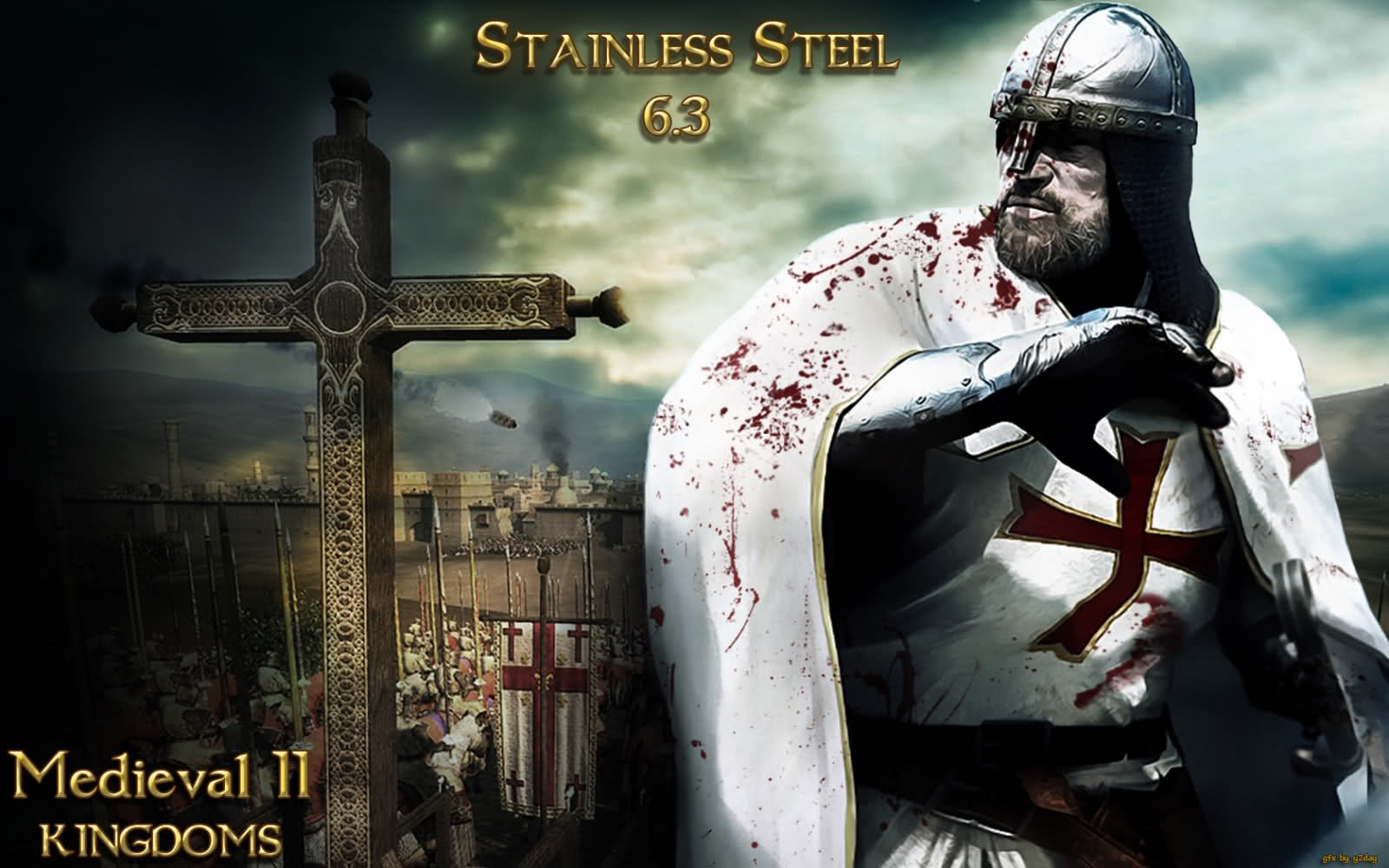

Lithuania’s strength in battle lies in its light cavalry and religious zealots, though both are lightly armoured and must use the cover of thick woods or skirmishing tactics. Choosing the right time to convert from paganism to Christianity will be central to Lithuania’s long-term success. However, surrounded by Christian armies on all sides, the Lithuanians may be forced to change their ways to avoid death, enslavement, or exile at the hands of the Christians. Following the pagan Gods of Perkunas, Giltine, and Dievas will unleash religious warriors that instil fear in the hearts of all men. Lithuania can draw much strength by holding to the old ways. By working to maintain peace with their other neighbours and through clever diplomacy, they may be able to form an alliance to destroy the common foe. However, Lithuania knows that many fear the greedy expansion of the Teutonic Order. With no clear resolution in sight, it is likely that Lithuania will be forced to leave their pagan ways and convert to Christianity, or be slaughtered to the last man.

Lithuania is locked in a bitter war with the Teutonic Order and their parent nation, the Holy Roman Empire. The gods have been with them so far, bringing hope that their culture and beliefs will continue to prosper through many Lithuanian generations. The new Kingdom achieved some early military success and earned respect as a true nation of the region. Under the leadership of the great Mindaugas, they have been compelled to unify under the banner of the Kingdom of Lithuania. Labelled as heathens by their neighbours, the Balts are some of the last remaining pagan worshippers in the region.


 0 kommentar(er)
0 kommentar(er)
